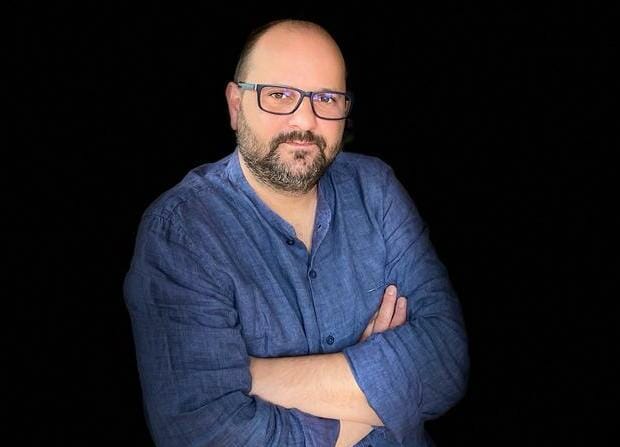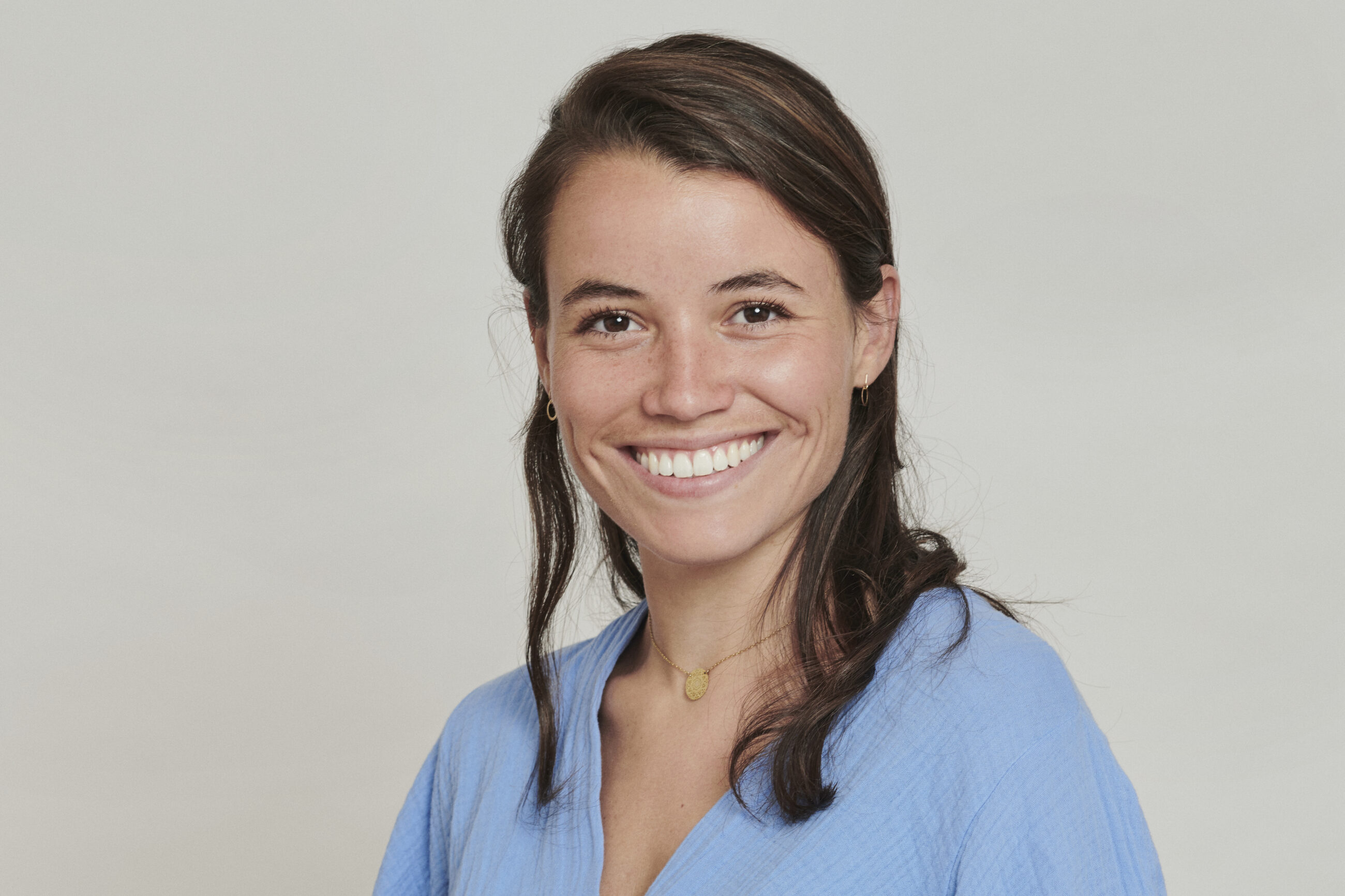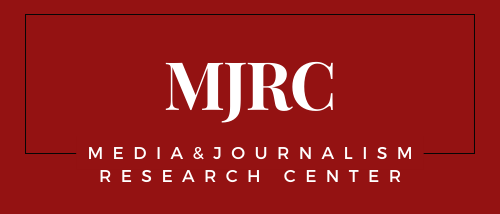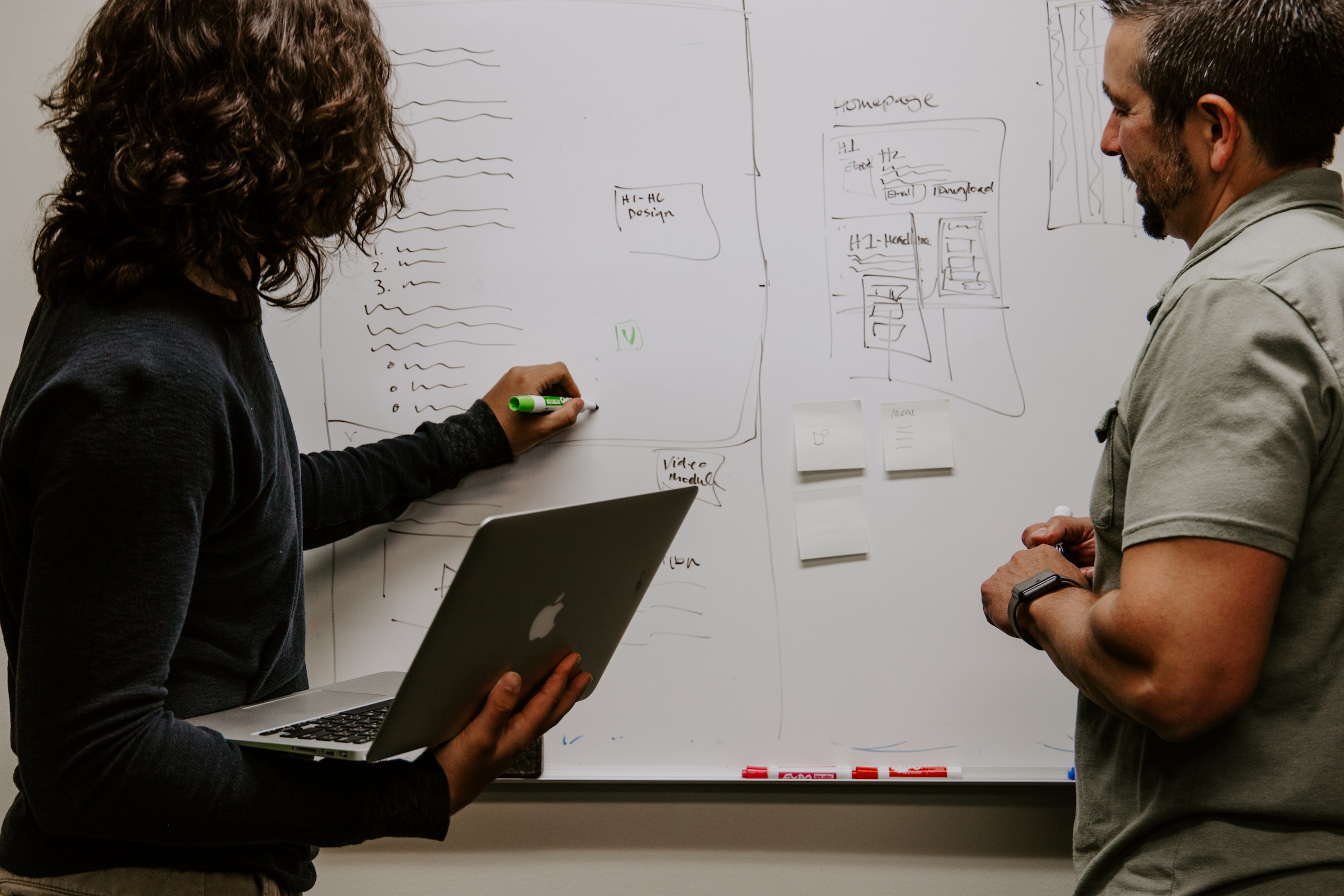Advocacy: Strategizing, Planning and Measuring Impact
A key to successful advocacy is the design of a coherent and strategic advocacy plan and the development and usage of adequate methods to measure its impact.
Summary
Welcome to Advocacy: Strategizing, Planning and Measuring Impact, a practical course that teaches participants each of the steps to create evidence-based advocacy strategies: from thinking to writing a clear problem statement and advocacy objective to identifying outcome and output indicators over drafting an advocacy implementation plan, including trigger points and power matrixes, to finally designing an evaluation matrix that helps measure the advocacy’s impact.
Drawing on 25 years of experience in advocacy campaigns related to the media policy area, Marius Dragomir created this course based on a set of rules on how to strategize and plan advocacy with applicability in a broad array of policy fields. This is an adaptation of a similar course that Dragomir has been teaching at the Vienna-based Central European University (CEU) since 2017. The course will thus be adjusted to the needs of the organization interested in taking it, depending on the number of attendants, location, the level of experience in advocacy, time availability and various specific needs.
What you will learn
- How to set goals strategically, including the definition of problem statement and advocacy objectives according to overall strategy
- How to map existing research to identify best practices and missing gaps
- How to differentiate between outcome and impact objectives
- How to design research that identifies best practices and missing knowledge gaps
- How to create methodologies that identify the key influencers in the policymaking process
- How to design evaluation matrixes that measure the outcome and impact level of the advocacy
During the course, participants will work on drafting an advocacy strategy for their organization. One unique strength of our organization is that we always follow up with the participating organizations on how they used the learning from this course. Within certain time limits, we are also open to offer participants post-course feedback or assistance on advocacy-related activities.
Duration of the course
The usual duration of the course is three days. However, for organizations that need more guidance and assistance, the course can be designed to last longer.
The main issues/topics covered by the course are:
- How to write a problem statement and define the objective of the advocacy
- What research we need to frame the problem in an advocacy strategy
- How to set advocacy targets and goals
- How to create an advocacy implementation plan
- What research do we need to design a media and communication strategy
- How to evaluate impact
Key facts
Is this course for me?
This course is most suitable for NGOs and foundations, especially those working in the human rights field.
What is the delivery method?
To maximize results, we recommend taking this course in person, yet hybrid online-offline or online versions can be designed depending on the needs. In-person workshops can be organized on the venue of the organization interested in offering this course to their employees as well as in Santiago de Compostela, Spain, where the center can facilitate the organization of the course on the premises of the university.
How much does it cost?
We strive to offer the highest value for this course. Its price will depend on the number of attendants, location, and any specific requirements from the interested organizations. The fees raised from this activity are exclusively used to pay for the center’s activities (including the instructors and professors delivering courses in various fields).
How should I prepare for the course?
To prepare for this course it is recommended to read Ritu R. Sharma, An introduction to advocacy guide. An agenda for the course will be provided at least a week before along with instructions on what the attendants should prepare.
Course instructors
Marius Dragomir

Marius Dragomir is the Founding Director of the Media and Journalism Research Center, which continues the work of the Center for Media, Data and Society (CMDS), which he led between 2016 and 2022. Dragomir previously worked for the Open Society Foundations (OSF) for over a decade where he managed the research and policy portfolio of the Program on Independent Journalism (PIJ), formerly the Network Media Program (NMP), in London. Dragomir has developed a course on advocacy that is fully anchored in his more than 15 years of experience in doing advocacy for various NGOs around the world.
Sophia Fehrenbach

Sophia Fehrenbach works as a political consultant on feminist development and tech policy and has previous experience in research on extremism. As a CEU graduate in Public Policy, she has theoretical knowledge on strategies of advocacy and is especially interested in helping NGOs and participants to identify and prepare trigger points strategically.
Where do I start?
To enroll, please contact Sophia Fehrenbach at sfehrenbach@journalismresearch.org, telling her more about your needs and expectations from the course.
Photo by Kaleidico on Unsplash
Invest in independent media research and join a community of practice.
Your contribution supports MJRC’s investigations and global analysis. As a supporter, you can receive early access to new findings, invitations to small-group briefings, inclusion in our Supporters Circle updates, and the option to be listed on our Supporters Page.
Contribute to MJRC
